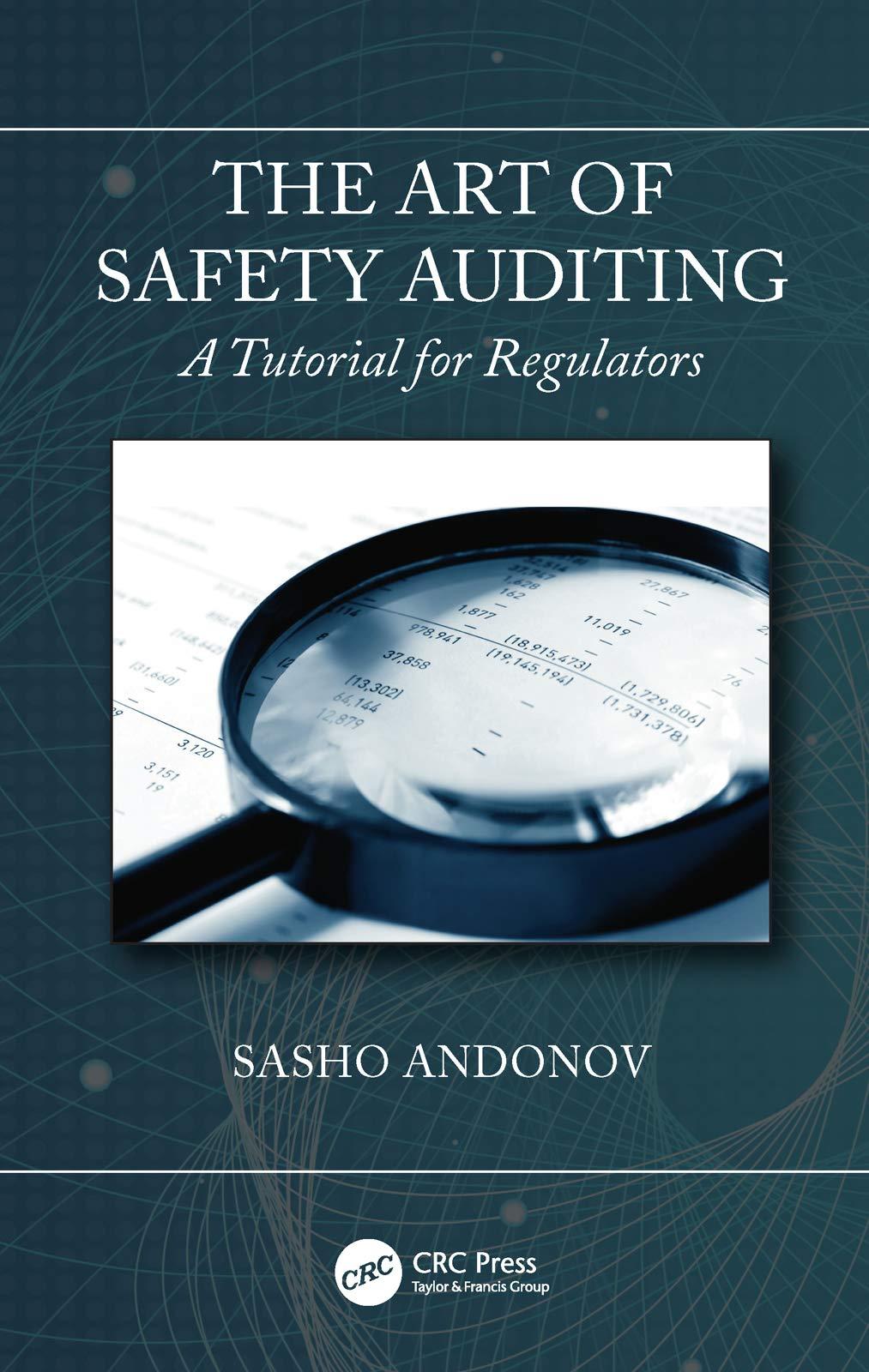Question
You are brand manager at Arrow Cosmetics and responsible for SilkskinTM body lotion. Silkskins annual contribution is currently $2.1 million. The R&D department has just
You are brand manager at Arrow Cosmetics and responsible for SilkskinTM body lotion. Silkskins annual contribution is currently $2.1 million. The R&D department has just developed a new Aloe Vera-based body lotion formula. You must decide whether you want to change the formula for the SilkskinTM lotion or stay with the old one.
The variable costs will be slightly higher for the new formula ($7.00 per bottle), but you guess that an increase in sales might compensate for the higher costs. You plan on selling the new SilkskinTM for $12.00 per bottle. You can imagine three annual sales scenarios: 600,000, 300,000 and 200,000 units sold, which you estimate the chances to be .30, .40, and .30, respectively. See Exhibit 1 for a detailed description of how these probabilities might be obtained in practice.


Question:
Would you introduce the new formula? (Use decision tree to solve)
Exhibit 1 Probability Assessments for Continuing Quantities In many situations, the critical uncertainty is a continuous quantity, such as demand or the price of IBM stock. In other words, it is possible that sales next year might be 10,000, 10,001, 10,002, etc. Of course, it is impossible to consider every possible sales level-analysis would simply be too complicated. Thus, we need to balance the need for simplification with the need to capture enough useful information about the uncertain quantity.1. Three-point Approximations You, the brand manager of Arrow Cosmetics, must decide whether to introduce the new product You require information about how many units the new product will sell. Suppose you are interested in modeling three scenarios: low, medium, and high. You start by making some probabilistic estimates about the extreme cases. Your best guess is that there is only a .10 chance that sales will be below 2,000. In other words, there is a .90 chance that sales will be above 2,000. The number 2,000 is called the .10 fractile. Furthermore, you estimate that there is only a .10 chance that sales will be above 6,000 units (hence a .90 chance that sales be below 6,000). Thus, the .90 fractile is 6,000. Finally, you estimate that the median, or .50 fractile, is 3,000. In other words, you feel that it equally likely that sales will be above or below 3,000. The cumulative probability distribution is shown in Figure 1Step by Step Solution
There are 3 Steps involved in it
Step: 1

Get Instant Access to Expert-Tailored Solutions
See step-by-step solutions with expert insights and AI powered tools for academic success
Step: 2

Step: 3

Ace Your Homework with AI
Get the answers you need in no time with our AI-driven, step-by-step assistance
Get Started


